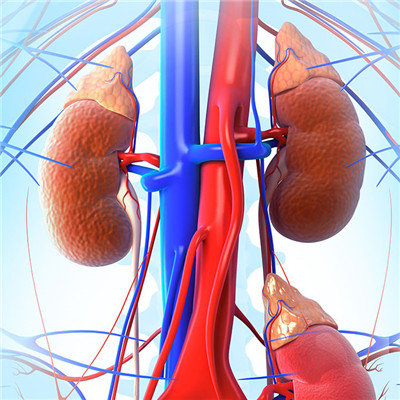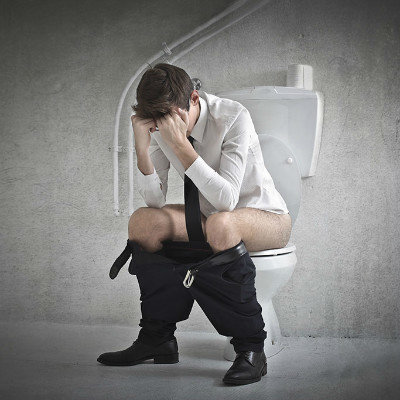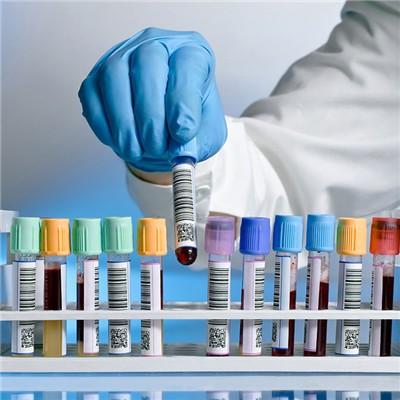Symptoms of electrolyte disorder
summary
In the human body, especially in plasma, there are a wide range of electrolytes, which appear in the form of cation and anion, mainly cation. For example, the common cations in human plasma include calcium, potassium, magnesium, sodium and so on. These electrolytes are generally in a state of equilibrium, and their function is to maintain the osmotic pressure of cells. If the equilibrium state of these electric ions is out of balance, it will cause electrolyte disorder, and also lead to the change of osmotic pressure of cells. Now I will introduce the symptoms of electrolyte disorder
Symptoms of electrolyte disorder
In electrolyte disorder, the most common problem is that the balance of sodium ions in the plasma is broken, and hypernatremia may occur at this time. With hypernatremia patients will be physical fatigue, but also often feel particularly dry lips, the patient's skin elasticity will become worse and worse, and often feel restless.

Of course, hypernatremia corresponds to hyponatremia, which is also a manifestation of electrolyte disorder. After the onset of the disease, the patient's taste is abnormal first, and even some patients' taste will decline, and the muscles of the patient's whole body will feel extremely sore. Some patients resort to headache, nausea and vomiting.

Another phenomenon in electrolyte disorder is that the balance of potassium ions in the body is broken, and hyperkalemia or hypokalemia will appear at this time. If it is hyperkalemia, then patients can appear bradycardia phenomenon, more serious even lead to cardiac arrest.

matters needing attention
For the body electrolyte disorder, we must actively carry out thorough treatment for the causes of the disorder. If the body acid-base balance is broken, then we must actively maintain the body acid-base balance. If it is hypokalemia, we need to actively supplement the body potassium ion.










